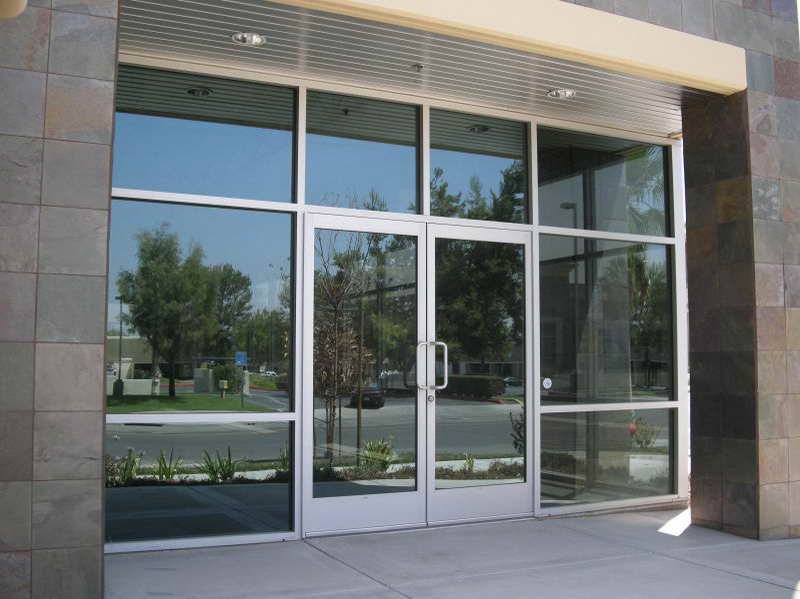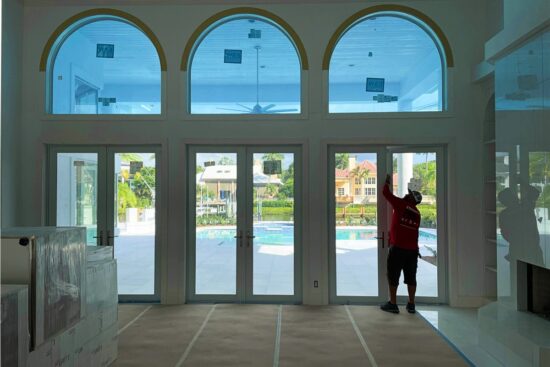
Introduction
In a state known for its picturesque coastlines and sunny weather, Florida also faces some of the most severe weather patterns in the United States, particularly hurricanes.
With tropical storms and hurricanes becoming an increasing threat, commercial property owners must invest in robust safety measures to protect both their investment and the safety of their employees and customers.
Among the most effective solutions is the installation of impact windows.
This article explores the importance of impact windows for commercial properties in Florida, detailing their benefits, features, and the implications for business sustainability.
Understanding Impact Windows
Impact windows, also known as hurricane windows, are specially designed to withstand the high winds and flying debris that accompany severe storms.
Unlike regular windows, which can easily shatter and allow wind and water to enter a building, impact windows are built with reinforced glass and frames.
They typically consist of two layers of glass, with a layer of polyvinyl butyral (PVB) or another polymer sandwiched between them, allowing them to absorb and distribute impact energy without breaking apart.
The Importance of Impact Windows
- Enhanced Safety and Security: In the event of a hurricane or severe storm, impact windows protect against dangerous projectiles, thereby safeguarding the occupants inside. Their sturdiness also provides a greater level of security against vandalism and break-ins.
- Insurance Benefits: Many insurance companies offer discounts on premiums for businesses that install impact-resistant windows, considering them a proactive measure against storm damage. This can result in substantial savings over time.
- Energy Efficiency: Impact windows provide excellent insulation, which can help regulate indoor temperatures. This results in lower energy costs associated with heating and cooling, contributing to a more sustainable business model.
- Noise Reduction: The thickness and multi-layered structure of impact windows significantly reduce external noise. For commercial properties located in busy or noisy areas, this can create a more peaceful environment for employees and clients alike.
Key Features of Impact Windows
When selecting impact windows for a commercial property in Florida, it is essential to consider several features:
- Certification Standards: Look for windows that meet the standards established by the Florida Building Code (FBC) and the American Society for Testing and Materials (ASTM). These certifications ensure that the windows have been rigorously tested for impact resistance and weather-related performance.
- Frame Material: Impact windows come with various frame materials, including vinyl, aluminum, and wood. Each material offers different benefits in terms of longevity, maintenance, and aesthetics.
- Glazing Options: Choose the right type of glazing based on the specific requirements of your commercial property. Options include single-layer, double-layer, or low-E glass, each affecting insulation and energy efficiency differently.
- Design Flexibility: Impact windows come in various styles and configurations, allowing businesses to maintain their desired aesthetic while ensuring functionality.
The Installation Process
The installation of impact windows is a significant undertaking that requires skilled professionals. Here is a brief outline of the process involved:
- Consultation and Assessment: Begin with a meeting with a certified contractor who specializes in impact window installation. They will assess your property’s needs, help you choose the appropriate products, and provide an estimate.
- Permitting: Once a decision is made, the necessary permits must be obtained to comply with local building codes.
- Removal of Existing Windows: The existing windows will be carefully removed to prepare for the new installation.
- Installation: The new impact windows will be installed using methods that ensure maximum integrity and performance. Proper sealing is crucial to prevent water intrusion.
- Final Inspection: A final inspection is conducted to ensure all installations meet safety and quality standards.





